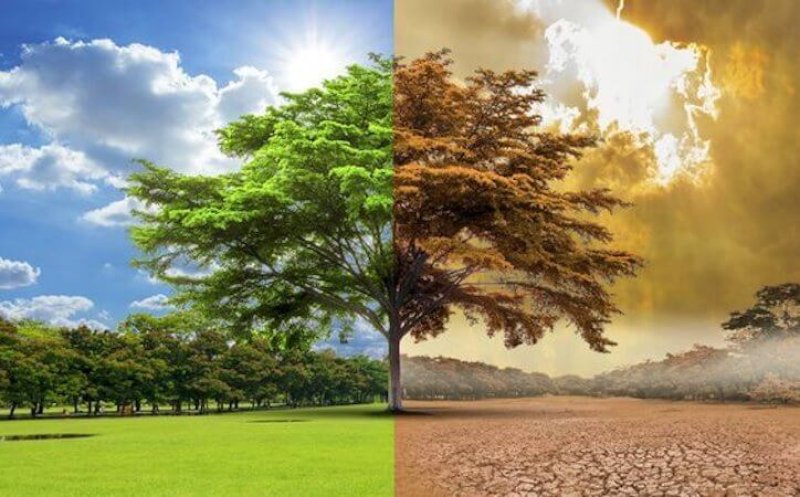In late June, overlooked amid pandemic, economic crisis, and protest headlines, a bipartisan cohort of United States senators introduced a bill to establish a U.S. Department of Agriculture, or USDA, certification program, helping farmers and forest landowners participate in carbon credit markets. The bill’s sponsoring politicians ranged from Rhode Island Democrat Sheldon Whitehouse to South Carolina Republican Lindsey Graham.
But the diverse set of interest groups that proudly pasted their logo to the bill’s one-pager was even more striking. The collage featured traditional agribusiness giants like McDonald’s, Cargill, Syngenta, and Land O’ Lakes, corporate lobby groups like the National Milk Producer’s Federation and The American Farm Bureau Federation, and also conservationists like The Nature Conservancy, The American Farmland Trust, and the Citizen’s Climate Lobby. The bill’s most conspicuous private-sector supporter is Microsoft, which announced in January it intended to become “carbon negative” by 2030.
…
It all sounds too good to be true—and it is. While support for soil carbon is forging unprecedented partnerships, its scientific basis is collapsing. A comprehensive feature on the subject by Gabriel Popkin in Yale E360 emerged this spring; two months later, Mother Jones editor Maddie Oatman penned a similar investigation. Their findings were clear: The science of soil carbon, to put it literally, lacks depth.































